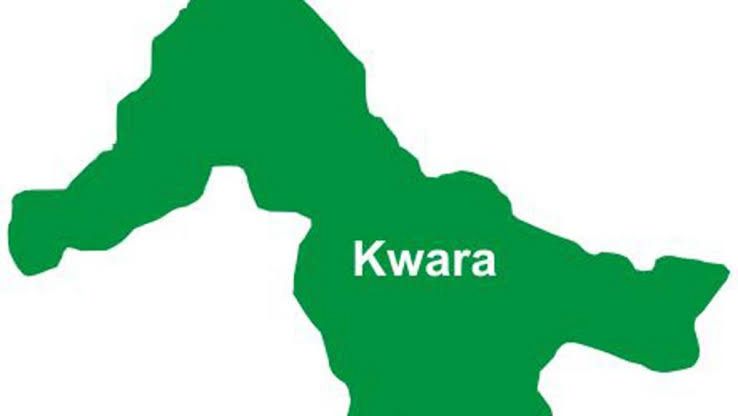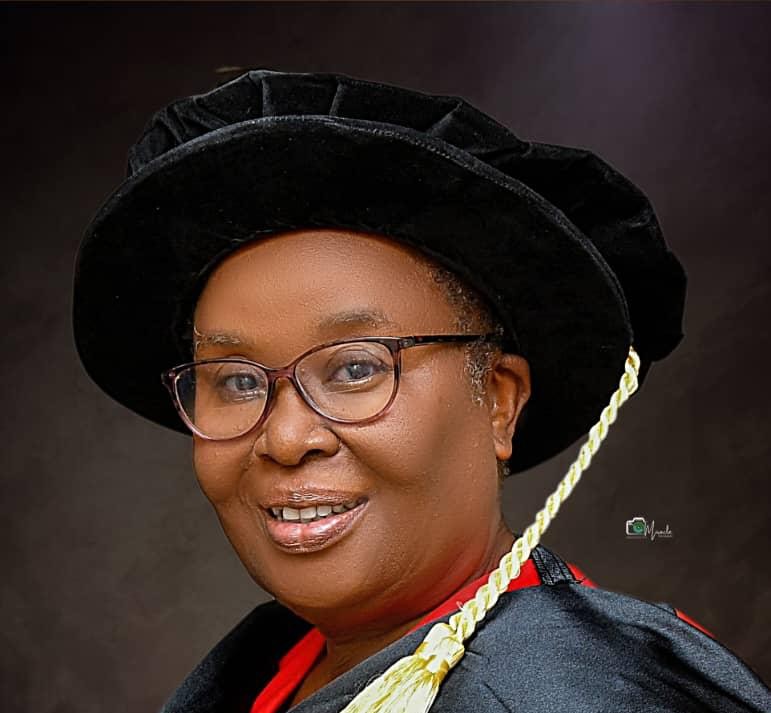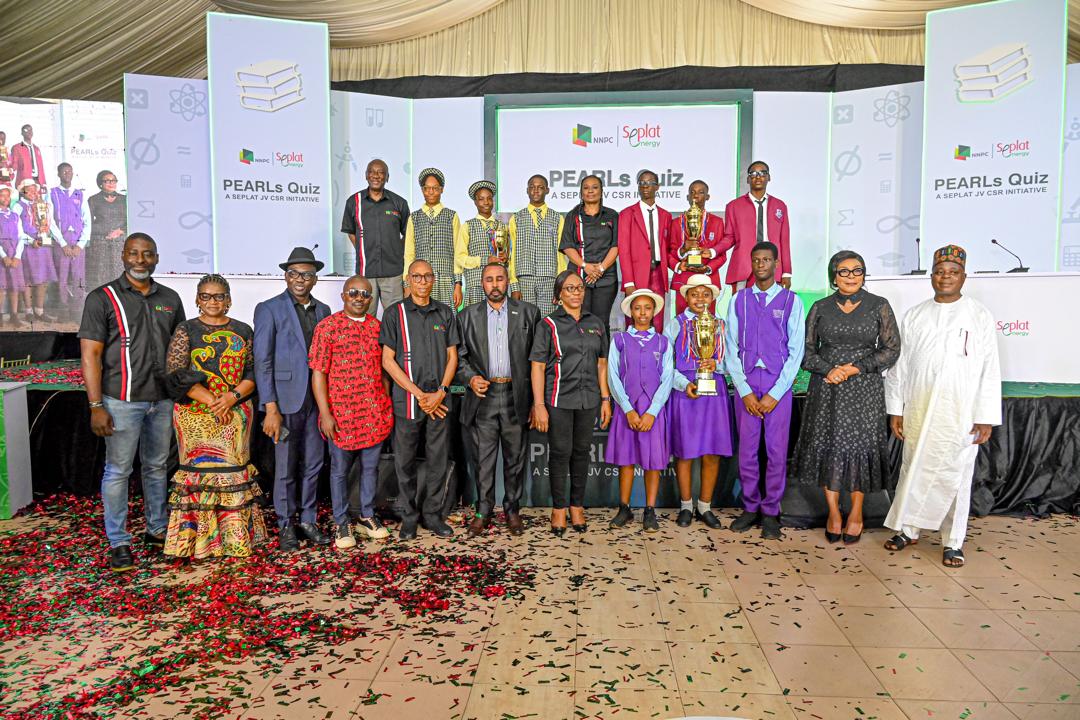The National President of the All Nigerian Confederation of Principals of Secondary Schools (ANCOPSS), Alhaji Muhammad Ibn Musa, has attributed the consistent dominance of Ghanaian students in the annual West African Examinations Council (WAEC) International Excellence Awards to systemic lapses in Nigeria’s education system.
Speaking in an interview, Musa expressed concern over Ghana’s repeat wins in the top three slots of the school-based West African Senior School Certificate Examination (WASSCE) over the past two years, despite Nigeria contributing nearly three-quarters of the total candidates across the WAEC member countries.
“This issue is a serious one, and if I had my way, I wouldn’t even want to talk about it because it implicates all Nigerian teachers,” he said. However, he acknowledged that the problem runs deeper and cannot be attributed to any single group. “I can’t say the fault is solely from the principals or the teachers. They both share the blame, and so do governments, parents, and students.”
Musa explained that many Nigerian students lack the awareness that they are in competition not just within the country, but across the sub-region. “Most of them just want a credit pass. Once they get that, they feel they’ve done well,” he said, using the analogy, “You can only succeed in taking a donkey to the river, but you can’t force it to drink water.”
He identified parents as part of the challenge, citing a widespread practice of enrolling underage children in secondary schools and pushing them to skip classes.
“Many parents are not bothered about preparing their children adequately for exams. Some even aid them in malpractice,” he noted.
He referred to cases where SS3 students score as low as 72 out of 400 in JAMB’s Unified Tertiary Matriculation Examination (UTME) yet still proceed to write the WASSCE.
According to Musa, the situation is worsened by the students’ poor study habits. “Even with expensive phones, 99.5 per cent of what they are browsing doesn’t relate to their studies, and their parents aren’t concerned,” he said. He added that holiday assignments, once common in public schools, are now rarely given.
Addressing the role of teachers and school administrators, Musa pointed out a lack of depth in syllabus coverage.
“You are given just 45 minutes to take a class, and you spend 20 to 30 minutes discussing partisan politics or unrelated issues,” he said.
He also observed that many students, particularly in Northern Nigeria, resume school late after holidays without repercussions from their parents.
He recalled attending WAEC’s 73rd Annual General Meeting in Liberia last month, where the top three candidates were all Ghanaian.
“It was the same last year in Sierra Leone and even two years ago in Gambia, when only one Nigerian— a girl from Plateau State—made it into the top three,” he said.
Musa pointed out a key difference in secondary education structures, stating that Ghana employs specialised schools based on academic disciplines like science, arts, or commerce. He noted that in Nigeria, however, they operate comprehensive schools, where a single private school, even with limited facilities, can present students for the Senior School Certificate Examination (SSCE).
Musa acknowledged that the lack of participation among teachers in marking WAEC or NECO examination scripts negatively impacts students’ preparation. He stated that teachers who engage in marking gain a significant advantage, approximately 80 per cent, in understanding the examiners’ expectations and thus better equip their students for the exams.
On teacher development, Musa criticised state governments for abandoning professional training programmes. “It’s difficult to get better results when we keep doing things the same way,” he said. He urged improvements in teaching methods and subject knowledge.
Musa expressed doubts about Nigeria’s preparedness for the upcoming digital format of WAEC and NECO exams. He questioned the sustainability of providing necessary equipment, particularly regarding maintenance costs, which he anticipated would fall on parents and students.
He then connected this to the broader issue of Nigeria’s free education policies, suggesting that while many states claim to offer free education, the actual provision of essential resources often falls short of making this claim a reality.
“Almost every state says it runs free education, but how many provide the materials needed to make that claim real?” he questioned.
Musa said ANCOPSS has already called on WAEC Nigeria’s research department to investigate the recurring pattern.
“It means a lot to us that, for two years, no Nigerian student has made the top three despite our numbers. If we don’t produce any again this year, we should all be more worried,” he warned.






